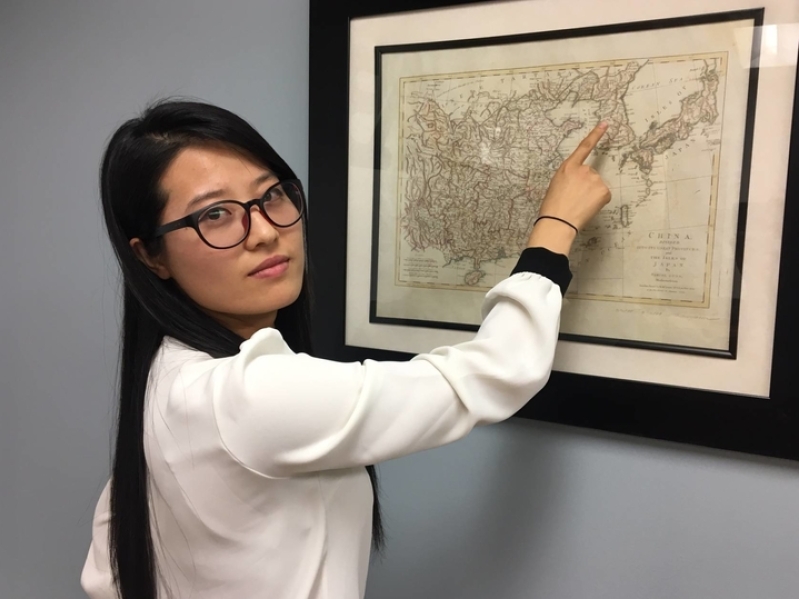
A North Korean woman who escaped the oppressive country thanks to the help of a Korean-American pastor has opened up about the horrors she endured as a young girl, including eating mice to stay alive and watching her little brothers starve to death.
Grace Jo, now 25, shared with the AFP how, living in the northeastern North Hamgyong province, her family had been trying to survive on wild fruit, crickets and tree bark.
Her father had been arrested and beaten by authorities for crossing the border to buy a bag of rice, and he died on the train taking him to prison. Her grandmother and two younger brothers died of hunger, and her eldest sister had gone off to search for food and never returned.
"In a short time, almost all my family members died or disappeared," she recalled.
Once, she said, she and her little brother would have nothing to eat for 10 days: "One day, my grandmother found six newborn mice under some stones," she said. "With my mother, they boiled these six small mice in a stone pot."
She was five-and-a-half years old, she said, adding that her jet black hair had turned yellow from malnutrition.
"It's very harsh," Jo said. "We didn't have any food, we didn't have any money and there was no way we could make any money."
Growing up in the isolated country, Jo was taught that "Americans are the biggest enemy" and "we should kill them or report to the officials if we see them." Christians, she was told, were the most dangerous.
"A lot of adults told me about what the North Korean regime teaches," Jo said. "There, they teach Christians are the first people to avoid...All those negative words we heard when we were small."
When Jo was seven years old, she, along with her mother and sister, Jinhye, attempted to flee North Korea.
"We walked three nights and four days," she said."We walked on unpaved roads, and we crossed many mountains until we reached the Tumen River" which separates North Korea from China.
However, while they eventually made it to China, they were forced to go underground for fear of being sent back to North Korea. Eventually, they were caught and jailed, and sent back home.
The three remaining family members managed to flee once again after Jo's mother bribed a border guard, but once again they were caught and returned.
In 2006, Jo finally made her final attempt to escape. Thanks to an American-Korean pastor who paid members of the Bowibu, North Korea's omnipotent secret police, $10,000 to secure the three women's freedom, she was successful.
After receiving UN refugee status, they moved to the United States in 2008. In 2013, Jo became an American citizen and today helps run the North Korean human rights advocacy organization NKinUSA alongside her sister.
"As a North Korean-American, I should say: this is a wonderful country, I can't leave. It is a totally different country than my country. I hope my country can become like this country one day too," she said.
The young woman also has a message to President Donald Trump: "We want President Trump to accept more North Korean refugees in the US and allow us to provide resettlement services," she said.
"Also, President Trump, please tell China, Vietnam and Laos to stop repatriating the refugees. Sending them back to North Korea is returning them to torture, imprisonment or even death," she added.
She added that while the country's pursuit of nuclear weapons is certainly a potential problem, the millions of people scrabbling to eat enough, "and millions more living with no liberty of any kind, is an actual problem."
While the official death toll from the most restrictive authoritarian country in the world is unknown, it is estimated that from 1994 to 1998, anywhere between 600,000 and 2.5 million people died of hunger.
For over a decade, North Korea has ranked no. 1 on Open Door USA's World Watch List of countries where believers face the most persecution.
"Worship of the ruling Kim family is mandated for all citizens, and those who don't comply (including Christians) are arrested, imprisoned, tortured or killed," reads the report. "Entire Christian families are imprisoned in hard labor camps, where unknown numbers die each year from torture, beatings, overexertion and starvation. Those who attempt to flee to South Korea through China risk execution or life imprisonment, and those who stay behind often fare no better."






